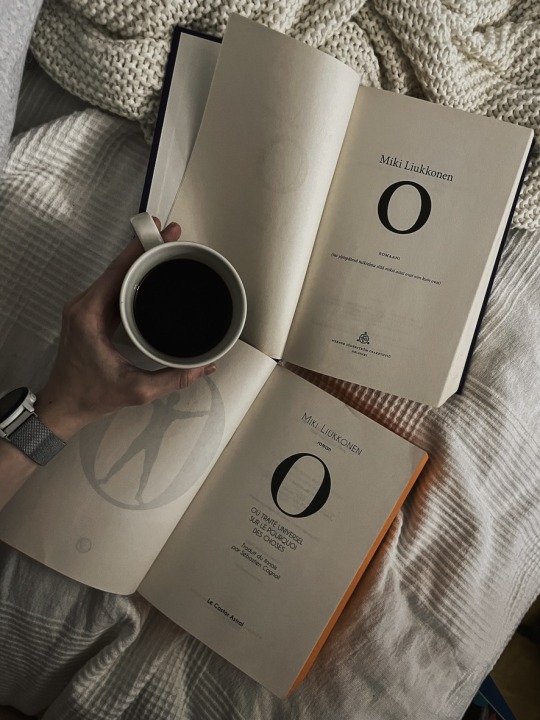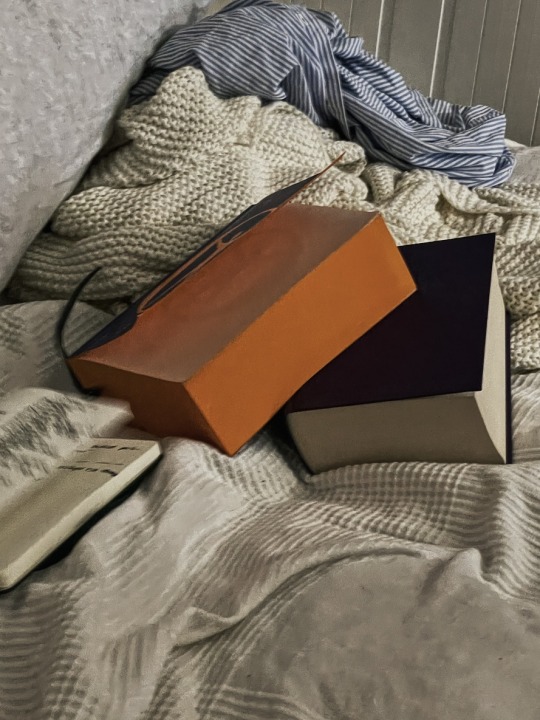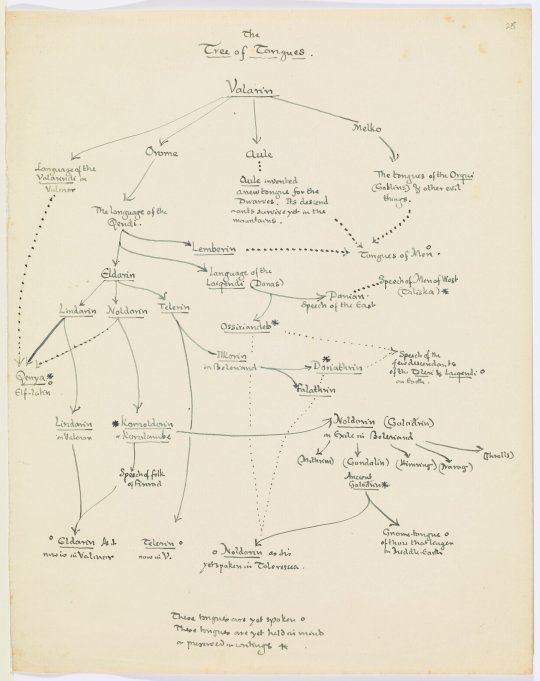#I've read it in finnish before so now trying to read it in french but need the finnish one as emotional support for my very rusty french
Explore tagged Tumblr posts
Text


reading these two side by side (the og one in finnish, the other translated to french) and it's a very space-demanding reading situation
#I've read it in finnish before so now trying to read it in french but need the finnish one as emotional support for my very rusty french#(finnish is my actual language in case it wasn't clear)#also yes this is going to take me forever#bookblr#booklr#books#reading#studyblr#studyspo#november 2024#2024
374 notes
·
View notes
Text
I was listening to some of my most played songs in 2023 and figured I could try to list the ones that defined the year for me.
According to youtube my most played song of 2023 was Tulipalo by KUUMA. I don't listen to a lot of Finnish music, but my French coworker did and it was through him that I began listening to it. I love the lyrics, it's a nice vibe and the song is catchy. Later on, I found out that it's THE BIGGEST SUMMER HIT in Finland, I'm just totally out of the loop lmao how embarrassing.
Second on my list is Heavenly by Cigarettes After Sex. I've been listening to a selection of their songs for a few years now and right now this is my favourite from them. It fits my melancholy moods, but it's very comforting and gentle. I love the dreamy sound and androgynous vocals.
Then I've been listening to a lot of Homestuck music again, because I went ahead and re-read most half of it, with Umbral Ultimatum by Toby Fox ending up as my favourite this time around. It's just neat and I really love the [S] Jade: Enter. flash it accompanied.
But speaking of Homestuck, engaging with it again led me down a deep dark path...
into...
just...
The Baby Is You. There was a period in my life where I would listen to this multiple times a day. That period is not entirely over. I actually started listening to it thanks to some Homestuck iceberg video I saw before I started re-reading HS, and that was one of my inspirations to do read it again. It's... funny. And bad. But in a good way.
I think my fifth song for the year is A Cruel Barbie's Thesis - a mashup of A Cruel Angel's Thesis and Barbie Girl. Both songs are very good on their own, and the mashup works surprisingly well! But I'm sorry, there's no coming back from The Baby is You (or it's actual follow-up The Baby is 2), so I have to leave it here.
#my nonsense#this was my genuine thought process on a walk the other day#beat for beat#i'm always embarrassed to share the music i like listening to#but this was too funny for me not to share#even if i'm the only person it amuses
3 notes
·
View notes
Note
In the absolute nicest way possible: how many languages do you speak? I know English, of course, and I have passable Spanish, and I’m simultaneously working on my Italian and French but I don’t even know enough to get by in either of those. And you’ve mentioned quite a few languages that you speak, or at least, that you’ve studied, and as someone who knows the struggles of trying to be multilingual, the amount you know is amazing and very, VERY impressive!
I also happen to love linguistics and language theory in general and I’d love to hear anything you might have to ramble about and discuss when it comes to linguistics in any languages, because it really is such a fascinating area of study.
Speaking of Tolkien linguistics specifically: I’m not someone who has actually really STUDIED a language. I grew up around Spanish speakers and did it for all four years of high school, but I never studied any of it from a scholarly perspective. It was always just learning about how to speak it, how to write it. What sort of linguistic quirks does Tolkien have when it comes to creating his languages? Do you see specific or obvious influences from real life in any of his languages? What are some of your favorite things about his languages, and the EVOLUTION of his languages?
Basically, please talk Tolkien linguistics at me!!
Hi, thank you so much for this ask! :)
Oh no, I don't really speak that many languages fluently! To start with, Latin I certainly don't speak, even though I took it the longest, but it's not a spoken language of course. (Plus when I was studying it in the later years and we were reading the Aeneid and stuff, you have like a page of vocabulary notes next to each page of Latin text to help you with the translations.)
I became reasonably conversational in Japanese after taking it for three years, but I'm definitely not fluent, and my skills are a bit rusty now. And I only took one year each of Russian and German, so that's not much. But I love learning languages and I would really like to polish up my Japanese, and revisit the other languages I've studied, plus study other ones :) I took at least one language each year of college, sometimes two at once, and I really miss it.
Yes yes yesssssssss let's talk about Tolkien languages. So, the obvious inspirations are clearly Finnish > Quenya and Welsh > Sindarin. But it's not a case of simple borrowing. Tolkien was too creative for that. Most people would struggle to create even one invented language. Tolkien, as you know, created multiple languages AND histories of how they all related to each other! I LOVE HIM! THIS MAN WAS INSANE! Exhibit A:

WHO DOES THIS? Also, he had beautiful handwriting.
Anyway. I don't even know where to START I have so many thoughts about Tolkien's languages. This will be very haphazard.
Okay, here's one that I think about a lot. Aegnor's name in Quenya was Aikanáro, which means "fell fire". The aika part means "fell, dire, terrible." Which is descended from an Eldarin root word gaya, "awe, dread". That same root word is the origin of part of the Sindarin word Belegaer. Beleg means great, and aer means sea. But aer is derived from that same word gaya, "awe, dread".
I just find this really cool because this is how etymology works in the real world! It's not a simple case of an ancient word for the sea turning into a modern word for the sea. It's a case of a word that means one thing being applied to another thing until it comes to mean something completely different than before. And I love that! And I especially love that you can trace root words from Eldarin into both Sindarin and Quenya!!!!!!!!!!!!! HE CREATED AN ACTUAL, FUNCTIONAL LANGUAGE TREE. I'M SCREAMING
Like, if you know enough words in Quenya, it's not hard to translate them into Sindarin, and vice versa, because they're actually, functionally related. IT'S GENIUS. IT'S AMAZING.
Not ONLY can you trace Eldarin root words into both Sindarin and Quenya, I also think it's so cool that Tolkien came up with multiple etymologies for things sometimes (party because he kept changing his mind!). For instance, he came up with both an Elvish etymology and a Valarin etymology for Taniquetil. In Quenya, it means "high snow peak". But another theory (yes... Tolkien came up with a theory for a word he created) is that it is simply the Elvish pronunciation of the Valarin word Dâhan-igwiš-telgûn. He came up with multiple (and conflicting) etymologies for the name Felagund too, among other things.
It will NEVER cease to amaze me that Tolkien not only made up etymologies for his invented words, he also sometimes went back and forth on which etymology was "right"! I remember reading a note in one of the volumes of the History of Middle-earth that said something along the lines of, "One of these etymologies for Balrog is correct, but I don't know which one." YOU MADE UP THE LANGUAGES, TOLKIEN! But I honestly love that he thought of himself more as a recorder of what was already there than the person making the decisions.
For example, there's that video of Tolkien writing in tengwar where he says, "My writing is very inferior to the Elves..." !!!!!!!!!! TOLKIEN, SIR. YOU INVENTED THIS ALPHABET. I love it so much. You have to watch it if you haven't seen it already! It's wonderful:
youtube
The way he talks about languages here is so quintessentially Tolkien... the delight connected with discovering a new language like a "new wine or some new sweetmeat or something". It reminds me of what he had to say about "cellar door"—and I'm sure this is not new to you, but for those who don't know, it was a phrase that he considered to have a beautiful sound independent from its meaning. He said in one of his lectures,
"Most English-speaking people...will admit that cellar door is 'beautiful', especially if dissociated from its sense (and from its spelling). More beautiful than, say, sky, and far more beautiful than beautiful. Well then, in Welsh for me cellar doors are extraordinarily frequent, and moving to the higher dimension, the words in which there is pleasure in the contemplation of the association of form and sense are abundant."
Hence, the influence of Welsh on Sindarin. In creating his Elvish languages, Tolkien wanted to create beautiful languages, but not in the sense that they would be frivolous or flowery, he wanted them to be beautiful in the sense that they would be very pleasing to the ear, like "cellar door". Well, I'm extremely biased, but I think he succeeded. He DEFINITELY succeeded.
Oh, and back to the inspiration for Tolkien's languages for a second, there's been more discussion of the phonetic/grammatical influence on his languages but less discussion on what influenced his alphabets. I want to know how he came up with tengwar! And sarati! I would think that Japanese and Chinese would have had some influence, not on the sound or grammar of the languages themselves, but on the script. Tolkien sometimes wrote the sarati (the alphabet that preceded tengwar) vertically, like Chinese and Japanese, and his visual art drew some inspiration from Chinese and Japanese paintings, so I wonder if there is a connection there. Some people have also noticed similarities between Chinese characters and Tolkien's symbol that represents his initials:

One thing that I find really amazing about Tolkien's languages is that they were so fully formed and so interconnected that there are some cases where there are probably connections that he just didn't spell out, leaving Tolkien scholars and linguists to come up with their own theories. For example the potential relation between Valarin and the language of Mordor! Basically, the Ring of Doom in Valinor was called the Máhanaxar, the first part of which is derived from Máhan, "chief Vala", a loan word from Valarin māchanāz. Máhanaxar is the Quenya pronunciation of the Valarin word Māchananaškad. Here's what's so cool... David Salo, a Tolkien linguist who worked on the LOTR movies, theorized that the second part of this word may mean "ring"—it is the name for the Ring of Doom, after all—meaning that the Valarin word naškad could be the root of nazg, as in Ash nazg durbatuluk and Nazgûl. It would make so much sense for the language of Mordor, which was created by Sauron, to have similarities to Valarin.
!!!!!!!!!!!!!!!!!!!!!!!!!!!!!!!!!!!!!!!!!!!!
It's very late so this post has no rhyme or reason, but when asked to talk about Tolkien's languages I will HAPPILY do so! :) Thank you for the ask!!!!!
93 notes
·
View notes